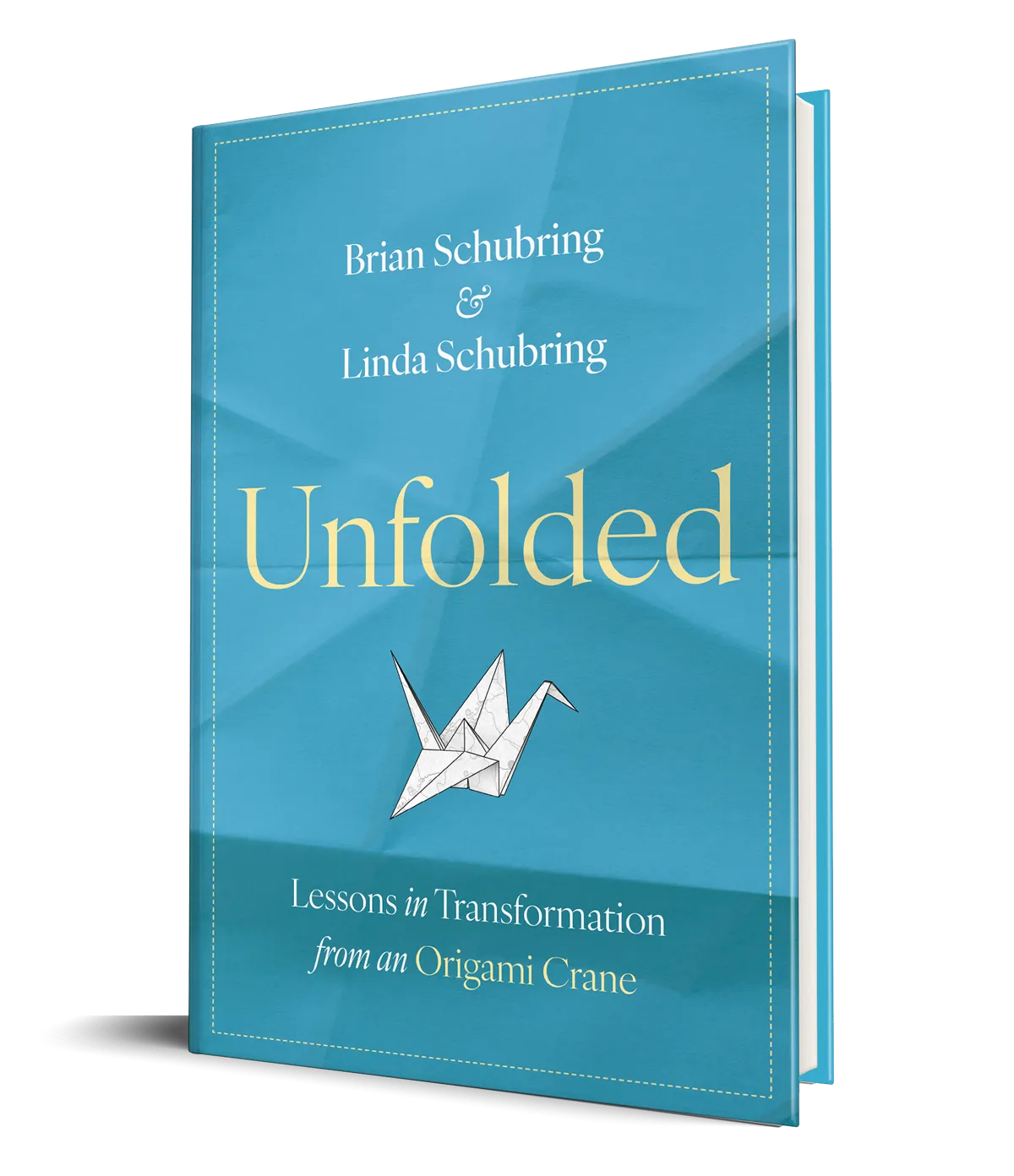Book Review: Strengths Based Selling
Strengths Based Selling (SBS) by Tony Rutigliano and Brian Brim is yet another book based on the foundation of the Clifton StrengthsFinder assessment. If you haven’t taken that yet, we’d like to highly encourage you to take it! This book will provide you with a code, as well as another lens with which to look at the strengths philosophy. It’s an engaging read and applicable to people at any level of Strengths awareness.
What is the Book About?
As the name suggests, the focus with this book is on using the philosophy and ideology of Strengths as it relates to the world of selling. Since selling is part of every industry to some degree, this book should be of interest to anyone who is trying to cultivate a strengths bias in their organization. SBS encourages people to stay away from the “one size fits all” approach to traditional sales roles. Instead, Rutigliano and Brim suggest individuals capitalize on their strengths to unlock the key to their selling success. SBS explains sales talent and how to identify and maximize it.
You will be most effective cultivating the talents that comprise your strengths![/quote] The book has 11 chapters and three appendices. The first two chapters explain the strengths philosophy (talent, theme, strengths, fit). The next five are focused more specifically at the world of selling. I found this fascinating! As I have no direct experience in a traditional sales role, I realized that these principals could be applied to just about anything. How do you convince someone of a new idea? How do you rally people around your cause? How do you cultivate buy in? At the core, these are all based in a bedrock of selling.
For example, in the chapter about assessing opportunity, knowing when your prospect is ready to move closer to the sale comes through relationship. All strengths can relationships, but in different ways. Someone with Empathy or Individualization, may be naturally more attuned to the buying style of a customer. Someone with Futuristic may have the ability to paint a compelling picture of a future where they need the product. Someone with Analytical or Deliberative may have gone over the data so much, that they can cultivate trust in their potential client by walking them through all potential barriers to a sale.
Chapters 10 and 11 were the most interesting. They dealt with engagement – with clients and yourself. Engagement (or rather disengagement), costs the U.S. economy $350 billion per year in lost productivity. Simply put, the more engaged your customers are, the more loyal they are (which leads to greater sales). The more engage you are, the more productive (and happy) you will be.
The bottom line – you will be most effective cultivating the talents that comprise your strengths! People who invest time in cultivating those talents (as opposed to following the 10 steps that worked for someone else), will do well in whatever role they find a good fit.




